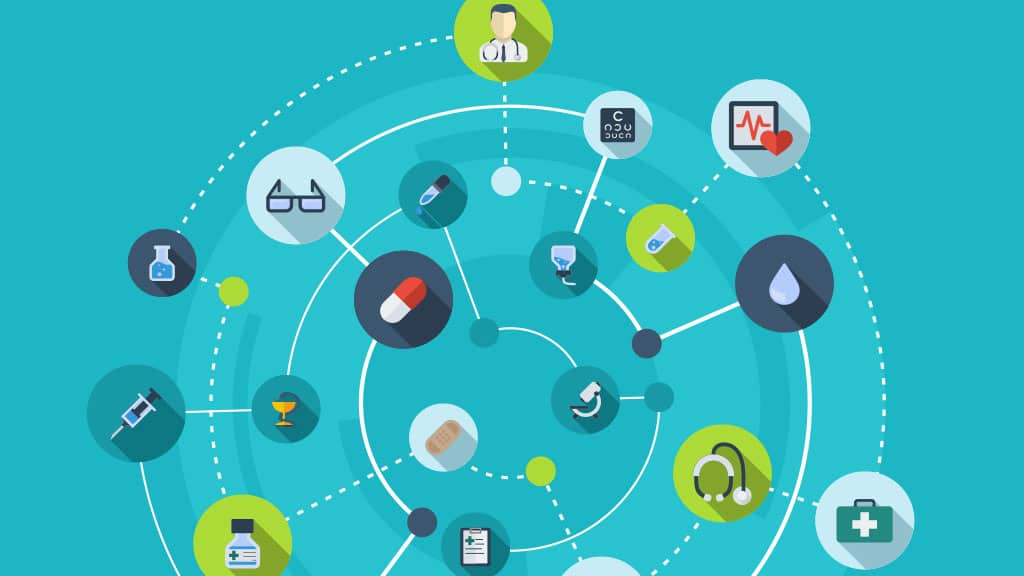Should I go to class?
Summary
There will be some classes where it will be highly beneficial for you to attend the actual class session, and some classes you honestly don’t receive a benefit from attending. This is an individual decision that you will have to determine on a case by case basis. The most important thing is that you take control of learning because you’re now a “professional” learner. WHAT you learn at this stage is important – try to balance studying for USMLE Step 1 with the curriculum being taught at your medical school. HOW you learn is also equally important – figure out a strategy and routine and stick to it. WHO you learn with is another important factor. Contact with other students and faculty can provide you with unexpected professional opportunities, plus it will make you feel like you’re a part of the group and a real member of the healthcare team.

As you start school, you may find that while certain class sessions require attendance, others don’t. At many medical schools, attendance is not required at lectures. The lectures are often captured on video and students have the option of viewing the video at a time and place of their choosing. However, there are other pedagogies, such as small group seminars, clinical teaching, and team-based learning (TBL) which do require significant participation from students.
For those sessions which do NOT require attendance, should you go? (Note: DO find out what your school’s policy is on attendance.)
With freedom comes responsibility…
Regardless of your decision to attend class in person or learn through an alternative mode, the key thing to remember is that you are now a “professional” learner. This means you are not learning mainly to pass a test or get a good grade, but you are learning so that you can better take care of your future patients. There is a responsibility to learning that was not there when you were an undergraduate… The main question is less about whether you should go to class or not, and more about how you could best take charge of your learning.
You may realize that you get more from attending a class in person for some professors who use a more participatory style than you do from attending a class where the professor reads 200 slides in a monotone voice. It might be better for you to review the video at 2x speed later on. There also may be times where you have secured a clinical learning opportunity outside of the classroom which may require you to miss certain class sessions. There also may be times where you might have significant obligations outside of your role as a student which make it less feasible to attend all classes in person. When making individual decisions, it’s important to understand the big picture of how to maximize your learning as a whole.
In thinking about how to maximize learning, you should consider the “what,” “how,” and “who” of learning…
The “what” of learning…

Different students take different strategies regarding learning. One strategy is to focus on what is in the curriculum. The benefit of this strategy is that you get the nuance of your particular medical school trying its best to convey what a doctor needs to know. There are many professors who genuinely care about teaching, and you will benefit from their passion and energy (beyond just memorizing the content). The medical school’s curriculum, while it may be more complicated than what’s in First Aid, is designed by people who are considering your best professional interests. Also keep in mind that the medical school’s tests are based on their curriculum. The downside of this strategy is that the curriculum is subjective; it can get too deep into certain topics and leave gaps elsewhere.
Another strategy that some students take is to focus on USMLE. The perceived benefit of this strategy is that it has less variability and gaps than the medical school curriculum. The big drawback to this strategy is that it takes the learning of basic science, and reduces it down to taking a test. In this mentality, will you really learn? Honestly?
Those two strategies above are extremes. It’s probably best to steer a middle route in between the two extremes. Keep engaged with the medical school curriculum – there’s real learning to be had there. Keep up with external resources regarding USMLE. It’s a test that has real implications regarding the specialties available to you after medical school.
The “how” of learning…

The key is to establish a routine and not to “bounce around.” Let’s say that you were training for a challenging long-distance race… You’d develop a training plan; it would include something that details how long you’d train on each day, including rest days. You wouldn’t train based on “how you feel that day.” You are allowed to tweak your routine based on feedback on how it’s working. Feel free to adjust your learning strategy when needed. However, do have a strategy and stick to it.
The “who” of learning…
On the surface, the point of class seems to be learning and retaining information. However, going to class can serve an important social function as well. Don’t underestimate the value of interacting with your classmates and faculty. Your classmates can often point towards things that you have overlooked. Your contact with faculty can often yield unexpected professional opportunities. Also, after you graduate medical school, you’ll look back at the experience and realize that the relationships you built are a part of the real value that you got from the school and less so the content itself.
It’s true. Not all classes are necessarily conducive to social interaction. However, even if you had to sit through a boring lecture, sometimes being present builds a sense of shared experience among you and your classmates. If you’re feeling a bit disconnected from the school and your classmates, going to class can bring back that sense of connection. It’s important to feel like you’re actively involved and are truly a part of something bigger than yourself.
Previous Pain Point: How do I get involved in research opportunities or meaningful activities?
Next Pain Point (Moving to Phase 2): How do I develop a plan to study that works for me?